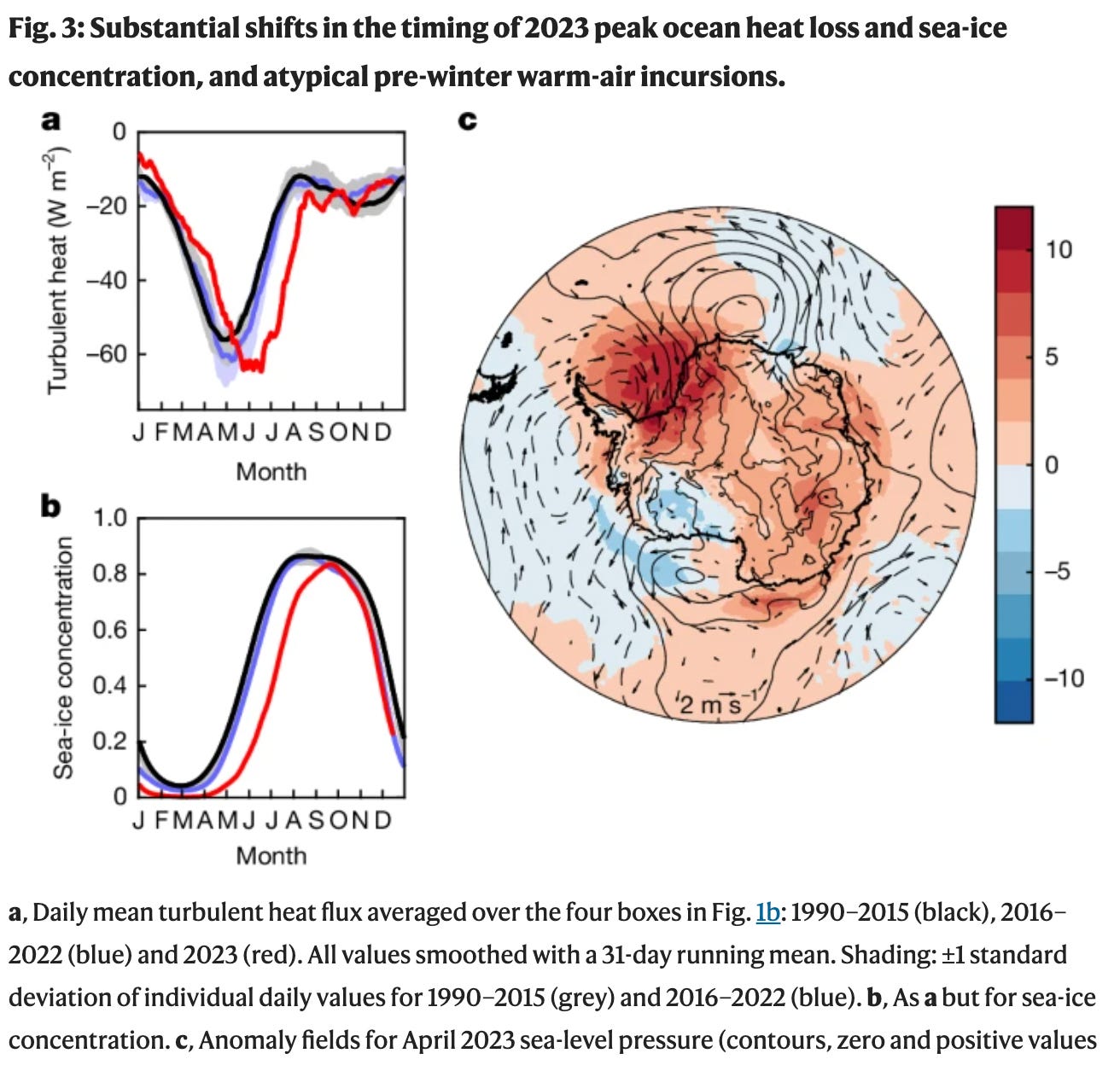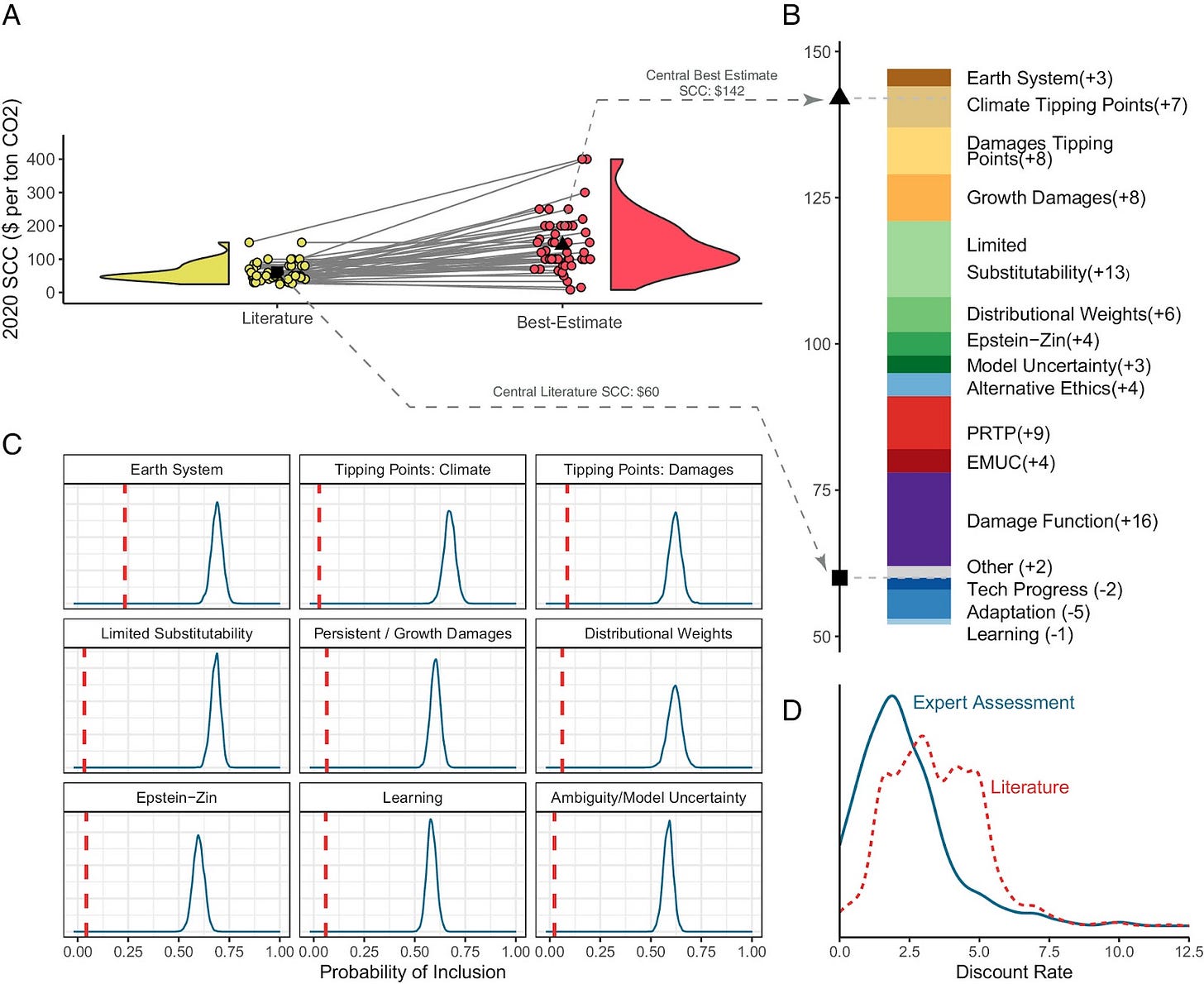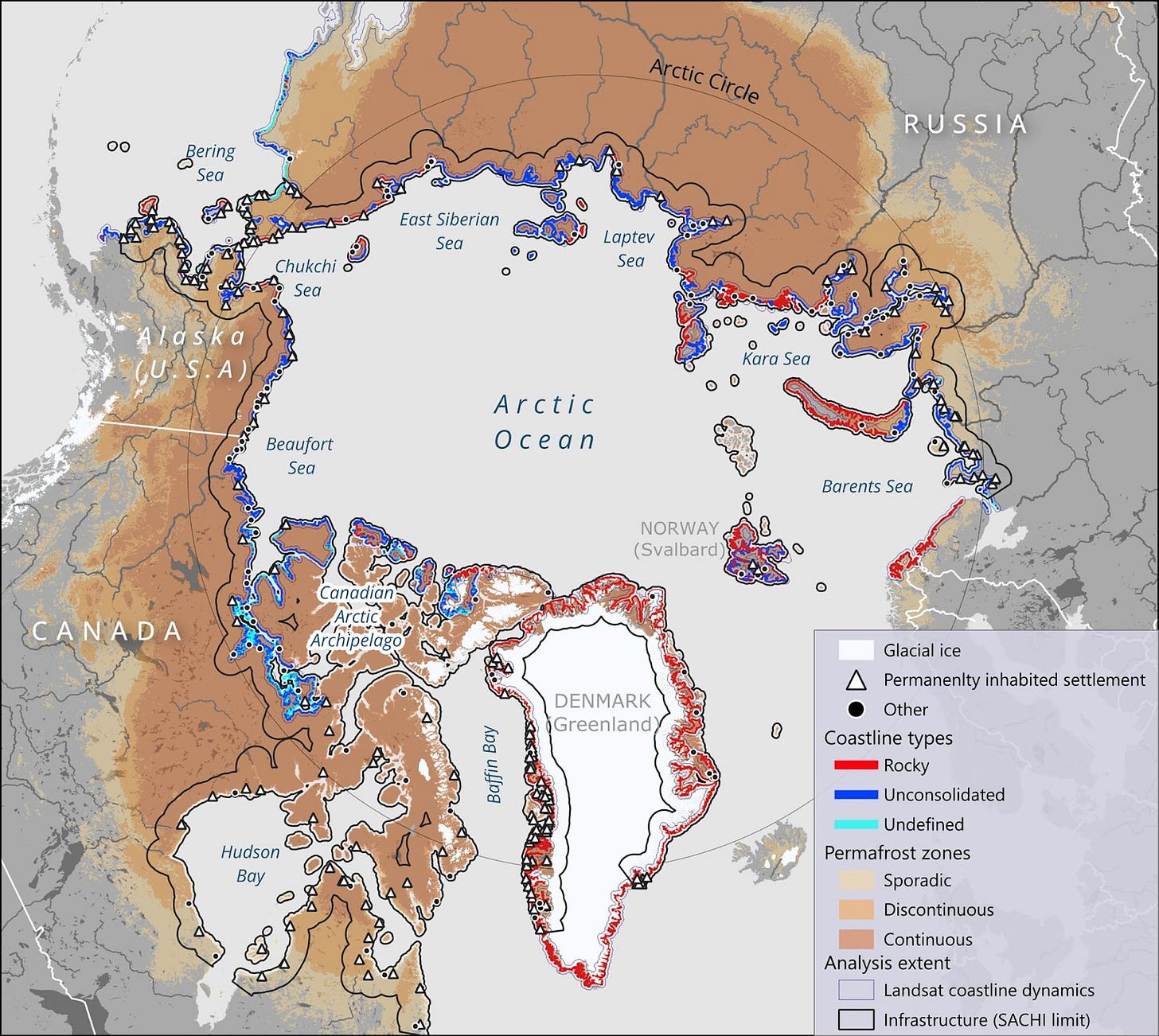Last Week in Collapse: December 15-21, 2024
Now is the winter of our discontent. Made global summer by this warming world.
Last Week in Collapse: December 15-21, 2024
This is the 156th weekly newsletter—marking three years of writing these updates. You can find the December 8-14 edition here on Reddit if you missed it last week. Thank you for subscribing to the Substack. If you appreciate these updates, the best gift you could give would be to share this with your associates.
——————————
Cyclone Chido cruised into East Africa, killing 55+ people. Before the storm hit the mainland a week ago, it battered Mayotte (pop: 320,000), an overseas piece of France (near Comoros), where the death toll is probably much greater. One hospital worker said, “The fact that we don't see that many injured from the cyclone when everything has collapsed makes us think that all these people are still buried and are dead….We expect thousands, tens of thousands {dead} would not surprise me.” Scientists say the storm was strengthened by climate change.
England is warning that about 25% of its properties will be at risk of flooding by 2050. Meanwhile, Kenya is experiencing its worst Drought in 40+ years, and Kazakhstan continues to be desertified. Iran was struck by a couple sandstorms.
Athens is piloting a project to renovate an ancient aqueduct to relieve some Drought for the water-stressed population. Portugal is talking about an underground “water highway” to transport water to southern Portugal. Zimbabwe felt its hottest December day in history—46.4 °C (115.5 °F).
A study published in Nature indicates that “the 2023 Antarctic sea-ice loss has substantially modified air–sea interaction in the Southern Ocean” by transferring heat to the atmosphere, contributing to storms over the Southern Ocean. “Repeated low ice-cover conditions in subsequent winters will strengthen these impacts and are also likely to lead to profound changes further afield, including the tropics and the Northern Hemisphere,” the researchers write.
Scientists looking at the effect of aerosols concluded that they may slow down wind movements in the northern hemisphere during the summer, and also result in a larger “energy contrast” between the land and the sea.
A couple reports released by the Intergovernmental Platform on Biodiversity and Ecosystem Services suggest that efforts to mitigate/reverse climate change will have unintended consequences for biodiversity and the environment writ large due to the interconnected nature of everything. A failure to coordinate and share knowledge between various tiers of actors, interested parties, and stakeholders prevents a central masterminding of this delicate & uncertain challenge. The executive summaries for each report are about 50 pages.
“Unsustainable freshwater withdrawal, wetland degradation and forest loss have decreased water quality and climate change resilience to the impacts of climate change in many areas of the world….Freshwater and marine coastal ecosystems are particularly sensitive because they accumulate anthropogenic stressors, such as pollutants and sediments, across ecosystem and watershed boundaries…loss of forest cover decreases water regulation, quality, and availability, resulting in increasing water treatment costs and negative health outcomes.…Rising global food demand, particularly driven by affluence, has led to an increase in agricultural production. This has been partially achieved through unsustainable agricultural practices that have led to unsustainable use of water and synthetic chemical substances, such as mineral fertilizers and pesticides….In the past 50 years, extreme weather-, climate- and water-related events have caused nearly 12,000 disasters, leading to 2 million human deaths (90 per cent in low- and lower-middle-income countries) and $4.3 trillion in total costs globally…” -excerpts from a couple pages of the Nexus Assessment
“previous and current approaches have failed to halt or reverse nature’s decline at a global scale, which has serious repercussions for the global economy and human well-being. The world is facing multiple, interacting and accelerating global crises of biodiversity loss, climate change and pollution. These interacting crises increase the risk of reaching irreversible biophysical tipping points that threaten fundamental ecological systems and processes that sustain life….Changes in social norms are essential to new behaviours and practices that strengthen human-nature connectedness and accelerate transformative change.…the impact of actions and scale of resources devoted to blocking transformative change currently overwhelm those devoted to the conservation and sustainable use of biodiversity…” -excerpts from the Transformative Change Assessment
Flooding in Thailand destroyed a Buddhist temple. Malaysia felt its hottest December night ever, and a few locations in New South Wales saw record December highs of around 45 °C (113 °F); in Perth, a new record of 40+ °C days was set: ten, so far. A number of Miami Beach properties have sunk 3 inches in the last 8 years, according to a study. Flooding in Sochi, too.
Russia expanded its effort to clean up an oil spill in the Black Sea. A 7.3 earthquake struck Vanuatu. A study confirmed that “woody cover” (shrubs and trees) on the eastern United States presents a greater risk for future wildfires.
A look into carbon offsets considered the “social cost of carbon” (SCC). The PNAS study claims that a more accurate assessment of the monetary damage caused by one ton of CO2 is $283 USD—more than twice the previous average cost of $132.
Scientists are allegedly stumped as to why exactly 2023 & 2024 were so much warmer than previous years. Spoiler: it’s the tipping points. A study in Earth’s Future concluded that 21% of coastal Arctic communities will experience “coastal erosion” and 45% of settlements on permafrost will be impacted by sea level rise, by the year 2100. How this is affecting polar bear behavior presents other risks.
A study on Antarctica’s future, published in Ambio, concluded that the continent faces 8 major tipping point risks: “ice sheets, ocean acidification, ocean circulation, species redistribution, invasive species, permafrost melting, local pollution, and the Antarctic Treaty System.” These tipping points are of course interconnected, and not the only eighth dangers facing this ecosystem.
Keep reading with a 7-day free trial
Subscribe to Last Week in Collapse to keep reading this post and get 7 days of free access to the full post archives.














